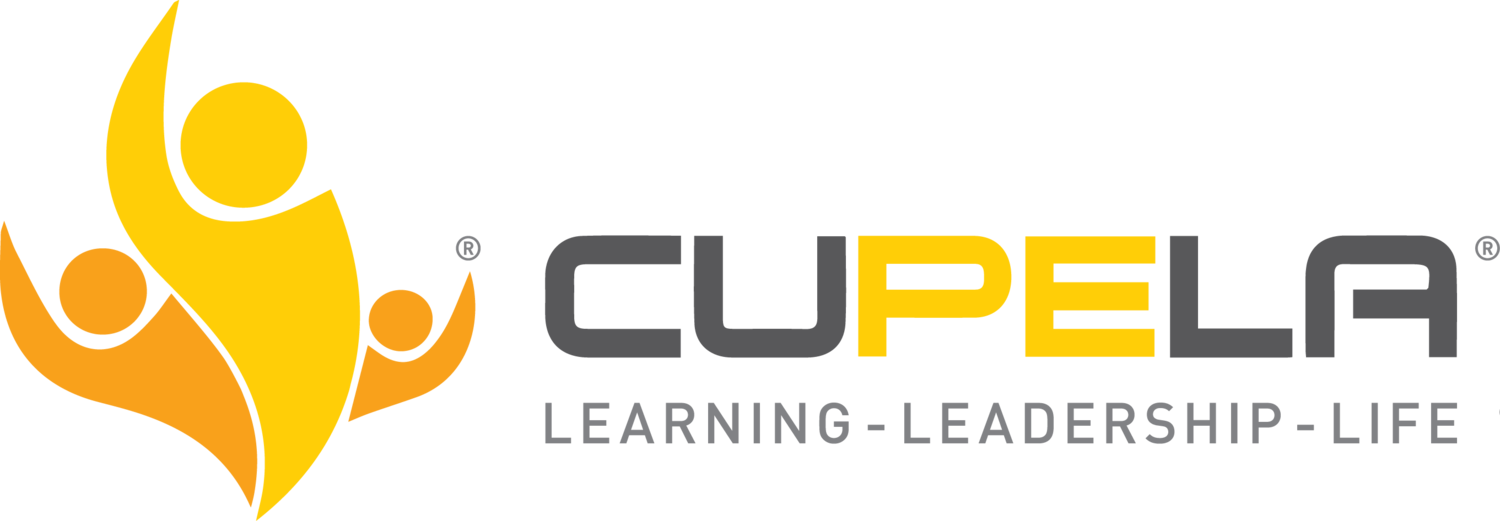
Leading the Field of Enhancing Executive Competencies in India
Cupela Coaching for Executive Competencies
The nature of business requires today's leaders to acquire a deeper, more detailed knowledge of the company’s business structure and develop a more in depth understanding of business issues. Increasingly, senior leaders are engaged in transacting business and interacting with stakeholders across the globe, they have direct or matrix reporting relationships which spread across the organization, necessitating change in leadership style based on the situation.
In addition, expanding the network of professional contacts, increased openness, flexibility and the abandonment of ethnocentrism are key to success in the global work environment. Leaders would do well to consider developing or enhancing some of these key competencies in the areas of business management, organizational leadership, learning and interpersonal skills to succeed in this ever changing environment.
Coaching by Cupela, your leading Executive Coach in India enhances your competencies
Interpersonal & Managerial Coaching
by Cupela, your leading Executive Coach in India
Cupela Interpersonal & Managerial Coaching
Alliances and Collaboration +
The ability to foster relationships with a network of supporters and collaborators who influence the desired path forward and the decision making process. This skill focuses on working across groups instead of silos in order to improve an Executive’s effectiveness as well as that of the larger collective group.
Cross-Cultural, Open and Flexible +
The ability to embrace, understand, and accept cultural differences of team members, peers, and management. An additional requirement is that executives openly encourage dialogue across cultures despite challenges of language, distance, norms, and communication styles. When this skill is mastered, leaders can guide their organizations towards a more open and sharing culture that can improve overall innovation and productivity.
Conflict Management +
The ability to comfortably operate and succeed despite differences that invariably occur within groups. Executives who master this skill can navigate the minefields of conflict within groups by focusing on facts instead of perception and lead groups towards operating in the best interest of the collective versus personal or individual departmental interests.
Influencing and Negotiation +
Requires an executive to effectively produce results for an organization. Leaders who excel in this feat are skilled at working with others and helping their team to utilize the entire breadth and depth of the organization’s capabilities to produce desired results. Listening is the critical skill for this achievement, allowing the executive to be fully engaged with others and ensuring that the focus is on accomplishing the goals set for the organization.
Cupela Coaching focuses on the Interpersonal & Managerial Pillar
The Interpersonal & Managerial pillar emphasizes proficiencies in focusing on the ability to effectively work with others and help them work with each other. It is important for the leader to recognize existing differences between his team members. However, the art of being an effective executive is grounded in the ability to help their team recognize the larger goals of the organization and stay focused on those, despite cultural and communication differences. Mastery of these abilities enables an executive to produce desired results and work within an innovative and productive organization.
In summary, these abilities enable executives to successfully lead people across differences and conflict towards a commitment to working in groups, sharing knowledge to maximize innovation and productivity and to focus on the collective goals of the organization rather than individual or departmental interests.
Coaching to further Innovation & Learning
Entrepreneurial Spirit +
Entrepreneurial Spirit manifests itself in an Executive who constantly seeks change, questions the status quo, drives innovation, and converts ideas to profitability for an organization. Such a Leader encourages input from all levels of the organization and seeks out new ideas to stay ahead of existing and new competition.
Thinking and Learning Agility +
The deep commitment to growing one’s knowledge every day requires leaders to stay current on new technologies, processes, and ways of doing business in order to avoid outdated or obsolete activities. Such a highly commited executive is adaptable and can provide innovative and creative solutions to problems in order to advance the productivity and market positioning of an organization.
Knowledge Sharing +
The active process of free flowing communication across all levels of the organization. It is an important ability of any Executive to both, encourage and to facilitate team members to share their knowledge with others within the corporation. The leaders should also proactively participate in sharing their own knowledge to enable and foster future leaders within the organization. When knowledge is not shared, organizations can stagnate. In order to facilitate knowledge sharing, Executives should encourage middle and senior managers to mentor junior members by promoting active knowledge sharing, furthering the innovation process across the organization, while avoiding stagnation.
Change Agentry +
Introducing change to any established organization can be challenging and will most likely be met with resistance at various levels. Prior to introducing such change, it is imperative for the leader to be fundamentally abreast of all relevant areas of the organization. This way the leader can determine how all departments will work together more efficiently to improve delivery of the product or service to the marketplace. The executive who is willing to embrace this task, provides a fresh and innovative perspective to identify where processes or operational activities can be improved which will positively affect the bottom line.
Coaching furthers Innovation & Learning
The Innovation & Learning pillar focuses on the understanding of how to improve the operational activities of a corporation through supporting the continuing education of employees. Talent development, the introduction of new ideas as well as the sharing of information and knowledge across all layers of an organization form part of this learning experience. Actively supporting this process is a step forward, towards a more innovative and productive workforce for any corporation.
Those Executives who understand that innovation and learning is imperative for any corporation’s success and that organizations need innovative, entrepreneurial ideas to allow them to stay ahead of their competitors will succeed long term.
Executives should focus on constantly growing their knowledge base in order to lead their organization into the future by conquering existing and coming challenges with new ideas while leading their organization towards improved productivity and market performance.
Business savvy & Organisational comprehension through Coaching
Coaching to increase Business savvy & Organisational comprehension
Business Savvy +
Business savvy includes the ability to understand the financial and strategic direction of an organization based on financial data like quarterly results and balance sheets. These financial documents determine the direction of a company. Therefore, the level of proficiency to evaluate such financial reports points to a leader’s comfort or discomfort with such financial tools which guide business decisions. Leaders can improve their competency in such matters by engaging with the strategic & financial departments in order to develop basic financial mastery and enhance their understanding of the organization as a whole.
Organizational Savvy +
The ability to understand how the organization operates and how decisions are made. Furthermore, leaders need to be able to leverage their internal organizational network of mentors and sponsors to influence decisions that impact the organization. For the leader to succeed in this he/she has to develop respect across the organization. Leaders who do not have the respect & support of mentors and sponsors face the potential of stunted results and a delayed career progression.
Stakeholder Orientation +
Involves knowing the stakeholders who influence the organization’s decisions, understanding the stakeholders’ priorities, the conflicts across stakeholder groups and how those conflicts impact the organization. The leader must know how stakeholder’s roles and their projects impact the priorities of the corporation and ensure that their roles and projects remain relevant and necessary to accomplish the goals of the business. Leaders should focus on constant communication with stakeholders and help them appreciate the priorities of all vested groups as it relates to the projects being pursued and ultimately the success of the corporation.
Managing Uncertainty and Risks +
The ability to confidently and skillfully deal with unexpected situations and mitigating risks in order to achieve organizational objectives. It is important to anticipate the vulnerabilities of a project and effectively manage the timeline for execution and delivery. To become proficient in this ability, a leader should complete project management courses or seek a project management certification such as the PMP.
The Business & Organization pillar
The Business & Organization pillar emphasizes a leader’s proficiencies which will directly impact his or her ability to manage the business side of an organization, requiring leaders to:
Have full comprehension of the communications and data used to make business decisions
Understand the stakeholders who influence and direct decisions made within an organization
Have the ability to effectively manage the risks associated with delivery of any project.
Leaders who excel in these abilities effectively incorporate the business priorities into their leadership. The business and organizational abilities also influence how a leader is perceived by his or her peers and superiors within the organization.




